Content
Free Mental Health Assessment
NDRIs vs SSRIs: What's The Difference?

For those struggling with a depressive disorder, there are several ways to manage symptoms and find help in day-to-day life. One solution is antidepressants, but which ones are the right ones for you?
It can be challenging to understand how various antidepressants work and which is the best fit. Speaking with your healthcare provider is a good first step in finding more information about the antidepressants available and deciding which is the best choice.
But even trying to remember the names of some of these drugs — let alone their functions — can be confusing.
Two effective antidepressant medications prescribed for the treatment of depression are norepinephrine-dopamine reuptake inhibitors (NDRIs) and selective serotonin reuptake inhibitors (SSRIs).
Both are effective at treating the symptoms of depression (and, for some drugs, anxiety disorders as well).
But what are the differences between NDRIs vs SSRIs?
Let’s go into more detail on how SSRIs and NDRIs work to treat depression and anxiety, as well as the major differences between these two similar types of antidepressants.
Content
What Are SSRIs?
Selective serotonin reuptake inhibitors (SSRIs) are the most commonly prescribed antidepressant medication in the U.S.
SSRIs are commonly used as first-line treatments for major depressive disorder (MDD), as well as anxiety disorders such as generalized anxiety disorder (GAD), social anxiety disorder, panic disorder and post-traumatic stress disorder.
SSRIs first came onto the market in the late 1980s, with the first of these drugs — fluoxetine (Prozac®) — being approved in 1987 by the Food and Drug Administration (FDA). Compared to other antidepressants, SSRIs have fewer side effects while still being effective.
SSRIs are believed to work by blocking the brain from reabsorbing (or reuptaking) the neurotransmitter serotonin, thereby increasing serotonin levels.
Serotonin is responsible for managing your feelings, moods and thoughts, as well as regulating happiness and anxiety. Serotonin also plays a role in stimulating the parts of your brain that control sleep and waking.
Low levels of serotonin are believed to be associated with depression, anxiety, obsessive-compulsive disorder and mania.
Examples of SSRIs used to treat depression and anxiety include escitalopram (Lexapro®), citalopram (Celexa®), fluvoxamine (Luvox®), fluoxetine (Prozac), paroxetine (Paxil®), vilazodone (Viibryd®) and sertraline (Zoloft®).
What Are NDRIs?
Norepinephrine-dopamine reuptake inhibitors, or NDRIs, are a newer class of antidepressant medications primarily used to treat depression.
One of the first norepinephrine-dopamine reuptake inhibitors, bupropion (Wellbutrin®), was approved in 1989 by the FDA.
NDRIs are often used as a treatment for major depressive disorder for those who don’t respond well to SSRIs.
NDRIs may also be used “off-label” to treat seasonal affective disorder, Parkinson’s disease, attention-deficit hyperactivity disorder (ADHD) and to help quit smoking.
Anecdotal evidence suggests some NDRIs may also help treat symptoms of anxiety disorders, such as panic disorders and general anxiety disorder.
Sometimes referred to as dual reuptake inhibitors or dual-acting antidepressants, NDRIs prevent the brain from reabsorbing the neurotransmitters norepinephrine and dopamine.
Along with serotonin, norepinephrine and dopamine are also major neurotransmitters associated with the symptoms of depression.
Norepinephrine increases alertness and attention as well as affects your mood and sleep cycle.
Low levels of norepinephrine are linked with depression, anxiety and other mental health issues as well as headaches, memory problems, sleeping problems and more.
Dopamine is known as a “feel good” hormone and plays a role in several body functions, including pleasurable reward and motivation, movement, behavior, attention and more.
Low levels of dopamine may make someone feel tired, unmotivated or unhappy and are associated with depression as well as Parkinson’s disease and attention deficit hyperactivity disorder.
By preventing your brain from reuptaking norepinephrine and dopamine, NDRIs increase the levels and alter mood, alertness and more.
Only one NDRI is approved by the FDA to treat depression — bupropion (Wellbutrin®).
Along with the Wellbutrin moniker, bupropion is also sold under the brand names Wellbutrin SR® and Wellbutrin XL® to treat depression and seasonal affective disorder. When sold under the brand name Zyban®, it’s used as a medication to quit smoking.
Two other types of NDRI medications are dexmethylphenidate (Focalin®) and methylphenidate (Ritalin®), both of which are used to treat ADHD.
Side Effects of NDRIs vs SSRIs
Like any medication, NDRIs and SSRIs can both cause side effects. Most of these are mild and transient, although some people might experience side effects that are persistent or severe.
Common side effects of NDRIs include:
Dry mouth
Nausea
Insomnia
Headache
Anxiety
Sweating
Loss of appetite
NDRIs have been known to produce fewer side effects than other antidepressants, tend to be mild and disappear after a few weeks.
However, if any new side effects come up or if they persist, talk to your healthcare provider.
Common side effects of SSRIs include:
Headaches
Dizziness
Difficulty sleeping or oversleeping
Changes in appetite
Decreased libido
Weight loss
Dry mouth
Anxiety
Some SSRIs may cause more side effects than others. Be sure to talk with your healthcare provider about any new or persisting side effects if you start taking an SSRI. You can also check the drug labeling provided with your medication for a detailed list of potential side effects.
One serious, potentially life-threatening drug interaction involving SSRIs is serotonin syndrome, which develops when serotonin levels become dangerously high. Because of the effects on serotonin levels, SSRIs can cause drug interactions when used with other medications that increase serotonin.
Symptoms of serotonin syndrome include rapid heart rate, high body temperature, increase in blood pressure levels, shaking, sweating, involuntary movements and overactive reflexes.
Make sure to inform your healthcare provider about all medications, supplements and other substances you currently take or have recently taken before using any SSRI medications.
Prolonged use of NDRIs can cause dependency on the drug and make it difficult to stop using them.
You might experience some withdrawal symptoms when stopping the use of an NDRI, like headaches, anxiety, insomnia, tiredness, nausea and vomiting.
Additionally, bupropion can negatively interact with several other types of drugs and antidepressants. These include:
Monoamine oxidase inhibitors
Levodopa and amantadine
Antipsychotics, theophylline, systemic steroids
Beta-blockers and antiarrhythmics
If you’re prescribed an NDRI or SSRI and start to experience side effects, don’t stop taking the medication. Instead, let your healthcare provider know about how you’re feeling.
When it comes to major depressive disorder, there is no “perfect” prescription or one-size-fits-all approach. It’s even common to try different types of antidepressants before finding one that works for you.
SSRIs are commonly used as first-line treatments for depression, meaning they are the medications that healthcare providers prescribe first when treating people with clinical depression.
Although SSRIs are generally less likely to cause side effects than other antidepressants, side effects are still common for some people who use SSRIs to treat depression or anxiety. Some people may also not see improvement in their symptoms when taking SSRIs for depression.
Many people may use an NDRI like bupropion instead due to the effects on norepinephrine and dopamine levels as well as fewer side effects.
Most notably, research has shown that bupropion is less likely to cause sexual side effects than other antidepressant medications.
A 2005 review that compared bupropion to SSRIs found that both medications were equally effective in treating depression but the major difference was that SSRIs were more likely to cause sexual dysfunction.
NDRIs may often be used as an SSRI alternative or as a secondary medication in combination with an SSRI or SNRI. A 2016 systematic review of bupropion, which examined 51 studies, supported its use as an antidepressant prescribed on its own or with another antidepressant.
However, other possible side effects of NDRIs include loss of appetite and weight loss, so these medications are not recommended to those with eating disorders.
There are also currently more FDA-approved SSRI medications on the market for treating depression than NDRIs.
Remember that depression can vary significantly from person to person, both in terms of specific symptoms of depression and the severity of those symptoms.
Because SSRIs and NDRIs work differently, your healthcare provider may recommend one type of medication over the other if they think it’s a better match for your symptoms and needs.
Other Antidepressants
SSRIs and NDRIs aren’t the only antidepressant medications available.
If you have a depressive disorder or other mental health disorder, your healthcare provider may also consider one of the following types of antidepressants:
Tricyclic antidepressants (TCAs). These older antidepressants are equally as effective as SSRIs but have a higher risk of causing side effects. TCAs generally aren’t used as first-line depression treatments but are used off-label for issues such as chronic pain.
Monoamine oxidase inhibitors (MAOIs). Another older class of antidepressants, MAOI medications are rarely used today due to their significant risk of causing side effects and interactions. However, they may be used if other medications aren’t effective.
Serotonin-norepinephrine reuptake inhibitors (SNRIs). Similar to SSRIs, SNRIs work by inhibiting the reuptake of serotonin and norepinephrine. Some SNRI medications also increase dopamine levels, another brain chemical associated with depression. These may be prescribed to those who had unsuccessful treatment for depression using SSRIs.
Getting Help for Depression
While the acronyms can be confusing, the good news is that there are many treatment options available for anxiety, depression and other mood disorders.
If you’re feeling depressed, seeking help is essential. You can use our mental health resources for effective strategies from licensed therapists to better recognize and help alleviate symptoms of depression.
You can also talk to a licensed psychiatry provider online, where you’ll receive a personalized treatment plan and, if appropriate, medication to help you treat your symptoms. Depression may be overwhelming at times but getting help isn’t.
23 Sources
Hims & Hers has strict sourcing guidelines to ensure our content is accurate and current. We rely on peer-reviewed studies, academic research institutions, and medical associations. We strive to use primary sources and refrain from using tertiary references.
- Commonly prescribed antidepressants and how they work NIH MedlinePlus Magazine. (2020, March 31). NIH MedlinePlus Magazine. Retrieved from https://magazine.medlineplus.gov/article/commonly-prescribed-antidepressants-and-how-they-work
- Prozac (fluoxetine hydrochloride) capsules label. (n.d.). Accessdata.fda.gov. Retrieved from https://www.accessdata.fda.gov/drugsatfda_docs/label/2011/018936s091lbl.pdf
- Santarsieri, D., & Schwartz, T. L. (2015). Antidepressant efficacy and side-effect burden: a quick guide for clinicians. Drugs in context, 4, 212290. Retrieved from https://www.ncbi.nlm.nih.gov/pmc/articles/PMC4630974/
- Chu, A., & Wadhwa, R. (2022, May 8). Selective Serotonin Reuptake Inhibitors - StatPearls. NCBI. Retrieved from https://www.ncbi.nlm.nih.gov/books/NBK554406/
- Serotonin: What Is It, Function & Levels. (2022, March 18). Cleveland Clinic. Retrieved from https://my.clevelandclinic.org/health/articles/22572-serotonin
- Hillhouse, T. M., & Porter, J. H. (2015). A brief history of the development of antidepressant drugs: from monoamines to glutamate. Experimental and clinical psychopharmacology, 23(1), 1–21. Retrieved from https://www.ncbi.nlm.nih.gov/pmc/articles/PMC4428540/
- Sheffler, Z. M., & Abdijadid, S. (n.d.). Antidepressants - StatPearls. NCBI. Retrieved from https://www.ncbi.nlm.nih.gov/books/NBK538182/
- Nutt D. J. (2008). Relationship of neurotransmitters to the symptoms of major depressive disorder. The Journal of clinical psychiatry, 69 Suppl E1, 4–7. Retrieved from https://pubmed.ncbi.nlm.nih.gov/18494537/
- Norepinephrine: What It Is, Function, Deficiency & Side Effects. (2022, March 27). Cleveland Clinic. Retrieved from https://my.clevelandclinic.org/health/articles/22610-norepinephrine-noradrenaline
- Dopamine: What It Is, Function & Symptoms. (2022, March 23). Cleveland Clinic. Retrieved from https://my.clevelandclinic.org/health/articles/22581-dopamine
- Stahl, S. M., Pradko, J. F., Haight, B. R., Modell, J. G., Rockett, C. B., & Learned-Coughlin, S. (2004). A Review of the Neuropharmacology of Bupropion, a Dual Norepinephrine and Dopamine Reuptake Inhibitor. Primary care companion to the Journal of clinical psychiatry, 6(4), 159–166. Retrieved from https://www.ncbi.nlm.nih.gov/pmc/articles/PMC514842/
- Zamorski, M. A., & Albucher, R. C. (2002, October 15). What to Do When SSRIs Fail: Eight Strategies for Optimizing Treatment of Panic Disorder. AAFP Journal. Retrieved from https://www.aafp.org/pubs/afp/issues/2002/1015/p1477.html
- Mooney, M. E., & Sofuoglu, M. (2006). Bupropion for the treatment of nicotine withdrawal and craving. Expert review of neurotherapeutics, 6(7), 965–981. Retrieved from https://pubmed.ncbi.nlm.nih.gov/16831112/
- Wagener, D. (n.d.). Norepinephrine and Dopamine Reuptake Inhibitors (NDRIs). American Addiction Centers. Retrieved from https://americanaddictioncenters.org/antidepressants-guide/ndris
- Volpi-Abadie, J., Kaye, A. M., & Kaye, A. D. (2013). Serotonin syndrome. The Ochsner journal, 13(4), 533–540. Retrieved from https://www.ncbi.nlm.nih.gov/pmc/articles/PMC3865832/
- Hoffelt, C., & Gross, T. (2016). A review of significant pharmacokinetic drug interactions with antidepressants and their management. The mental health clinician, 6(1), 35–41. Retrieved from https://www.ncbi.nlm.nih.gov/pmc/articles/PMC6009245/
- NIMH » Depression. (n.d.). National Institute of Mental Health. Retrieved from https://www.nimh.nih.gov/health/topics/depression
- Kendrick, T., Taylor, D., & Johnson, C. F. (2019). Which first-line antidepressant?. The British journal of general practice : the journal of the Royal College of General Practitioners, 69(680), 114–115. Retrieved from https://www.ncbi.nlm.nih.gov/pmc/articles/PMC6400617/
- Ferguson JM. SSRI Antidepressant Medications: Adverse Effects and Tolerability. Prim Care Companion J Clin Psychiatry. 2001 Feb;3(1):22-27. doi: 10.4088/pcc.v03n0105. PMID: 15014625; PMCID: PMC181155. Retrieved from https://www.ncbi.nlm.nih.gov/pmc/articles/PMC181155/
- Santarsieri, D., & Schwartz, T. L. (2015). Antidepressant efficacy and side-effect burden: a quick guide for clinicians. Drugs in context, 4, 212290. Retrieved from https://www.ncbi.nlm.nih.gov/pmc/articles/PMC4630974/
- Yasin W, Ahmed SI, Gouthro RV. Does Bupropion Impact More than Mood? A Case Report and Review of the Literature. Cureus. 2019 Mar 19;11(3):e4277. doi: 10.7759/cureus.4277. PMID: 31157138; PMCID: PMC6529042. Retrieved from https://www.ncbi.nlm.nih.gov/pmc/articles/PMC6529042/
- Thase, M. E., Haight, B. R., Richard, N., Rockett, C. B., Mitton, M., Modell, J. G., VanMeter, S., Harriett, A. E., & Wang, Y. (2005). Remission rates following antidepressant therapy with bupropion or selective serotonin reuptake inhibitors: a meta-analysis of original data from 7 randomized controlled trials. The Journal of clinical psychiatry, 66(8), 974–981. Retrieved from https://pubmed.ncbi.nlm.nih.gov/16086611/
- Patel, K., Allen, S., Haque, M. N., Angelescu, I., Baumeister, D., & Tracy, D. K. (2016, February 18). Bupropion: a systematic review and meta-analysis of effectiveness as an antidepressant. NCBI. Retrieved from https://www.ncbi.nlm.nih.gov/pmc/articles/PMC4837968/
This article is for informational purposes only and does not constitute medical advice. The information contained herein is not a substitute for and should never be relied upon for professional medical advice. Always talk to your doctor about the risks and benefits of any treatment. Learn more about our editorial standards here.
Kristin Hall, FNP
Education
BSN - University of Missouri, 1997
MSN - Saint Louis University, 1999
Training
Family Nurse Practitioner Internship - Saint Louis University, 1999
Medical Licenses
Registered Nurse, Missouri (Multi-State), 1997
Registered Nurse, Alaska, 2023
Registered Nurse, California, 2023
Registered Nurse, Connecticut, 2023
Registered Nurse, District of Columbia, 2023
Registered Nurse, Hawaii, 2023
Registered Nurse, Illinois, 2011
Registered Nurse, Massachusetts, 2023
Registered Nurse, Michigan, 2023
Registered Nurse, Minnesota, 2023
Registered Nurse, Nevada, 2023
Registered Nurse, New York, 2023
Registered Nurse, Oregon, 2023
Registered Nurse, Washington, 2022
APRN, Certified Nurse Practitioner, Missouri, 2000
APRN, Certified Nurse Practitioner, Illinois, 2011
APRN, Certified Nurse Practitioner, North Dakota, 2024
APRN, Certified Nurse Practitioner, Oregon, 2023
APRN, Certified Nurse Practitioner, Rhode Island, 2024
Board Certifications
Family Nurse Practitioner - American Nurses Credentialing Center, 2000
Other Certificates & Certifications
Lean Six Sigma, Green Belt Certification, 2015
Diabetic Mapping Certification Expert, 2012
BLS/CPR Certification, 2025
Affiliations & Memberships
Specialties & Areas of Focus
Family Practice Medicine, specializing in chronic disease management (diabetes, hypertension, obesity). Additional support and treatment of mental health diagnosis and men’s and women’s health.
Years of Experience:
25
Why I Practice Medicine
Caring for the whole person—understanding that true health extends beyond physical symptoms—has always been central to my work. As a nurse and family nurse practitioner, I’m passionate about empowering individuals to live their healthiest lives, physically, emotionally, and socially. Delivering compassionate, comprehensive care is not only my profession—it’s my purpose.
Hobbies & Interests
In my spare time, I enjoy staying active and connected to nature through skiing, hiking, and spending time outdoors. I’m also an avid St. Louis Cardinals baseball fan and find joy in reading, sewing, baking, and creative hobbies that keep me inspired outside of work.
LinkedIn:
Related Articles
Related Conditions
 Anxiety
Anxiety
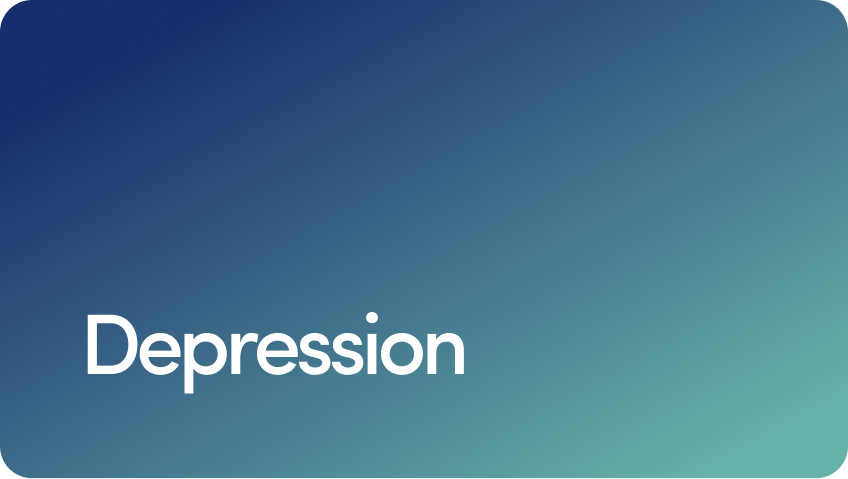 Depression
Depression
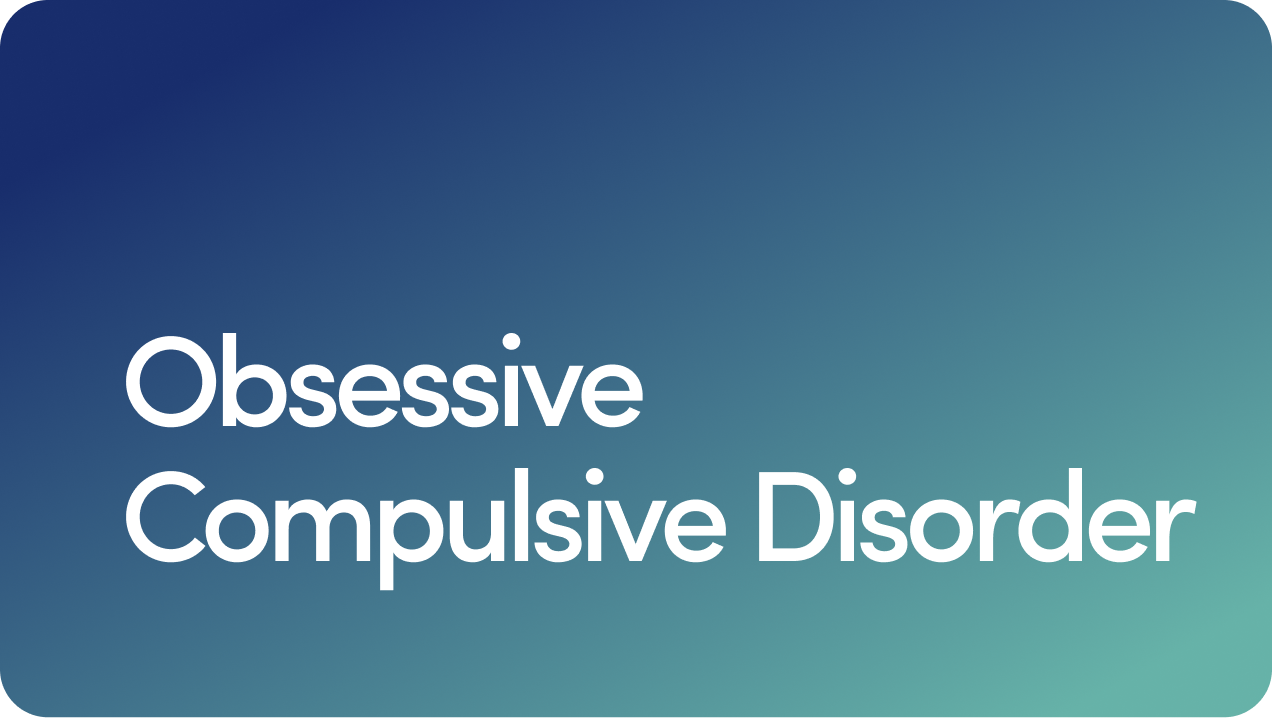 OCD
OCD
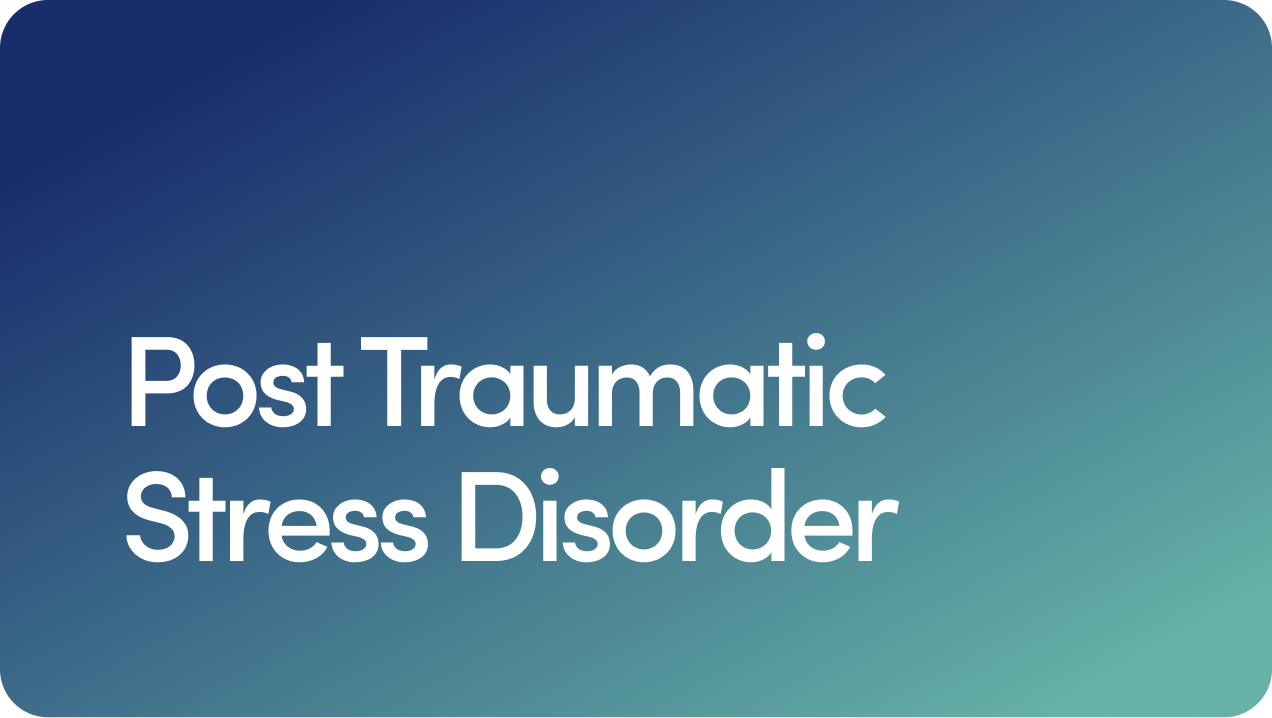 PTSD
PTSD
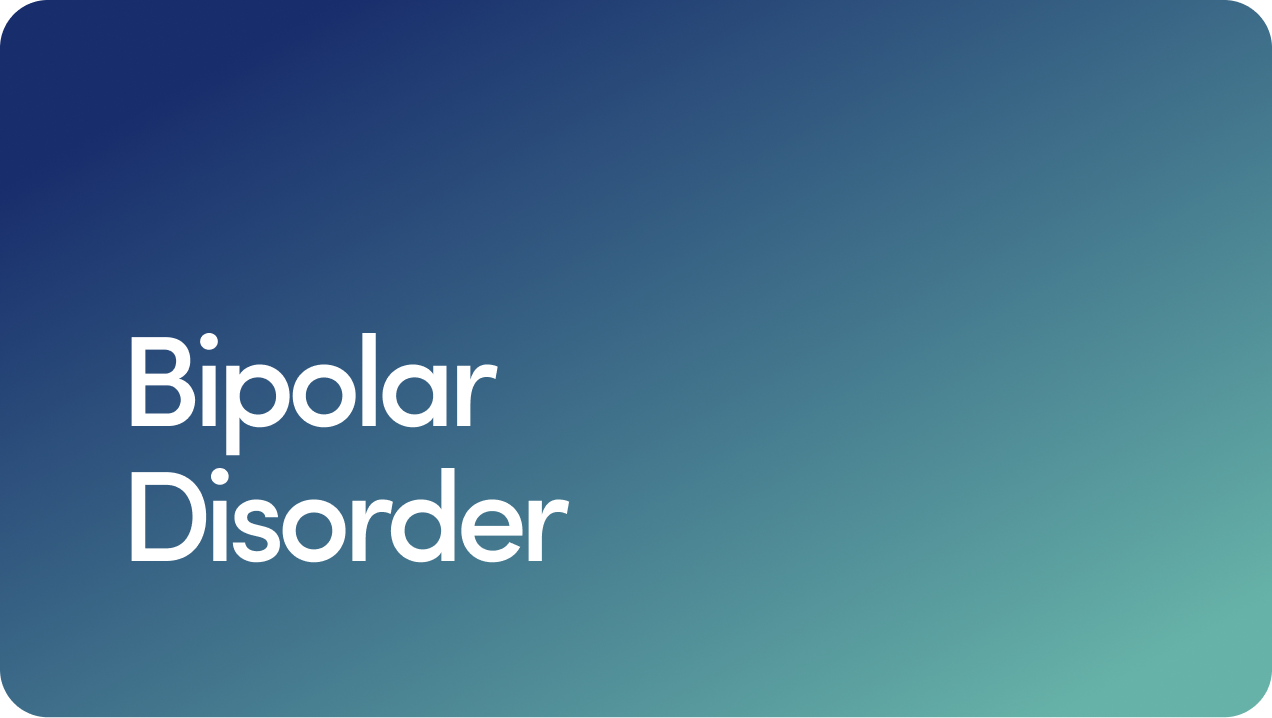 Bipolar Disorder
Bipolar Disorder
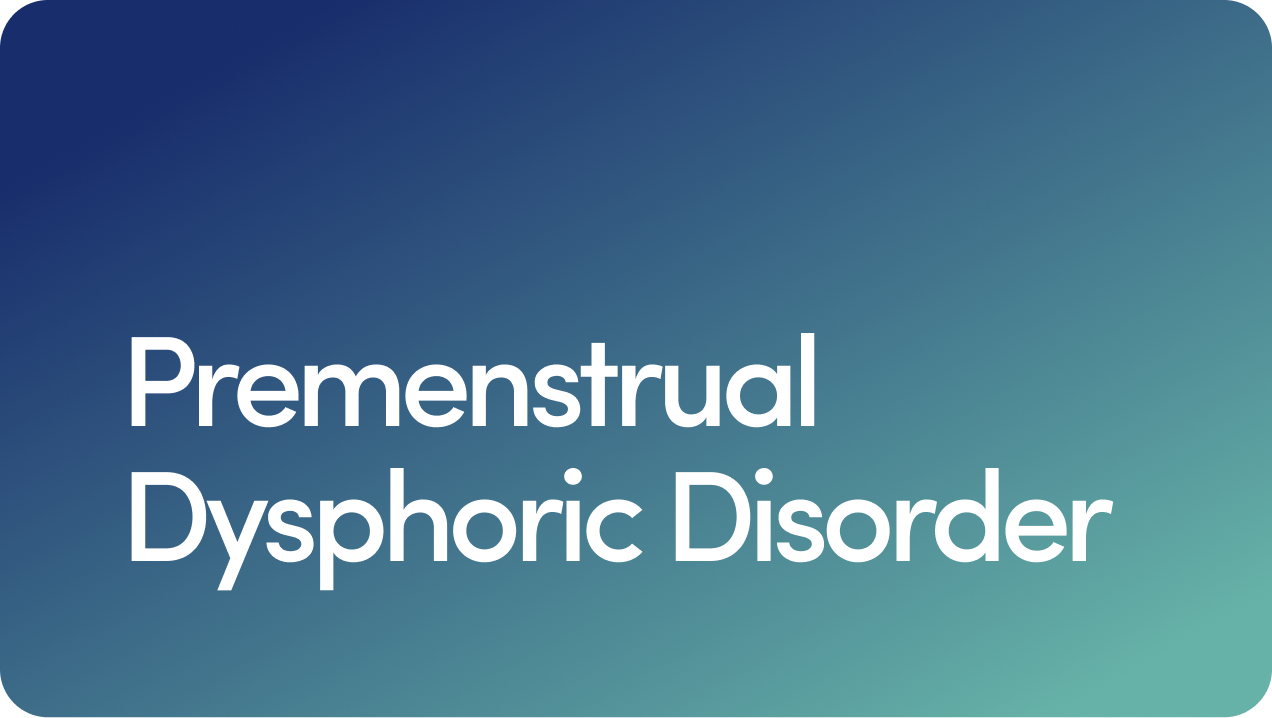 Premenstrual Dysphoric Disorder
Premenstrual Dysphoric Disorder